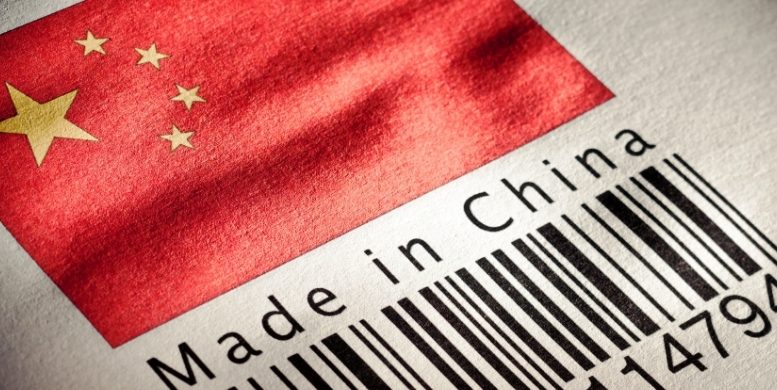Tao Jingzhou via Caixin | It’s been 15 years since China joined the World Trade Organization and yet China is still waiting for the WTO to grant market economy status. During this period, some Chinese businesses have expanded overseas while others have been accused of flouting international anti-dumping rules.
Chinese leaders have been lobbying major trading partners in a bid to secure market economy recognition. And during the second round of the U.S.-China Strategic and Economic Dialogue in 2010 in Beijing, the two sides agreed to work together toward this goal.
In 2011, then-Premier Wen Jiabao called on China’s trade allies to support the quest for full market economy status at a forum celebrating the 10th anniversary of China’s WTO accession. Last October, Premier Li Keqiang reportedly in a telephone call urged German Chancellor Angela Merkel to help China win European Union support. Merkel at the time said she favored granting China this status.
To date, 81 countries including Australia, New Zealand, Switzerland and Russia have recognized China’s as a market economy. But its largest trading partners including the United States, Canada and Japan – countries responsible for most of the anti-dumping charges brought against Chinese companies – have yet to decide where they stand.
On May 12, European Commission lawmakers passed a resolution opposing market economy status for China. But there are major disagreements on this issue among members of the EU, China’s second-largest trading partner. Some countries such as Britain, the Netherlands, Belgium and most countries in northern Europe have expressed they support recognizing China as a full-market economy. But Italy, Spain, France and a host of others have been more reluctant.
In late 2015, Washington warned Brussels not to support China’s bid for market economy status, saying lower tariffs and other concessions that come with the proposed change could hamper future efforts aimed at preventing Chinese companies from flooding American and European markets with cheap goods backed by unfair state subsidies.
The debate centers on a dispute over terms of the agreement under which China joined the WTO in 2001. According to the agreement, the country’s lack of market economy status means that during an anti-dumping investigation against China, Chinese product costs are calculated based on market prices in a “substitute country.” Production costs in these substitute countries are often much higher than in China. This puts Chinese companies in a more vulnerable position.
The WTO agreement will expire December 11, meaning a substitute country afterward can no longer be used for calculating China’s production costs. But this does not mean China will automatically receive market economy status.
Questions have been raised over how Chinese companies should be dealt with during an anti-dumping investigation if the country fails to get market economy status as hoped by the end of this year. Nothing in the WTO rulebook addresses this contingency.
Thus, Beijing is pushing to secure full market status before the December deadline to avoid uncertainties in trade relations. But the recent negative vote by the EU, as well as silence on this crucial issue in Japan, the United States, and other countries, are disappointing signals.





